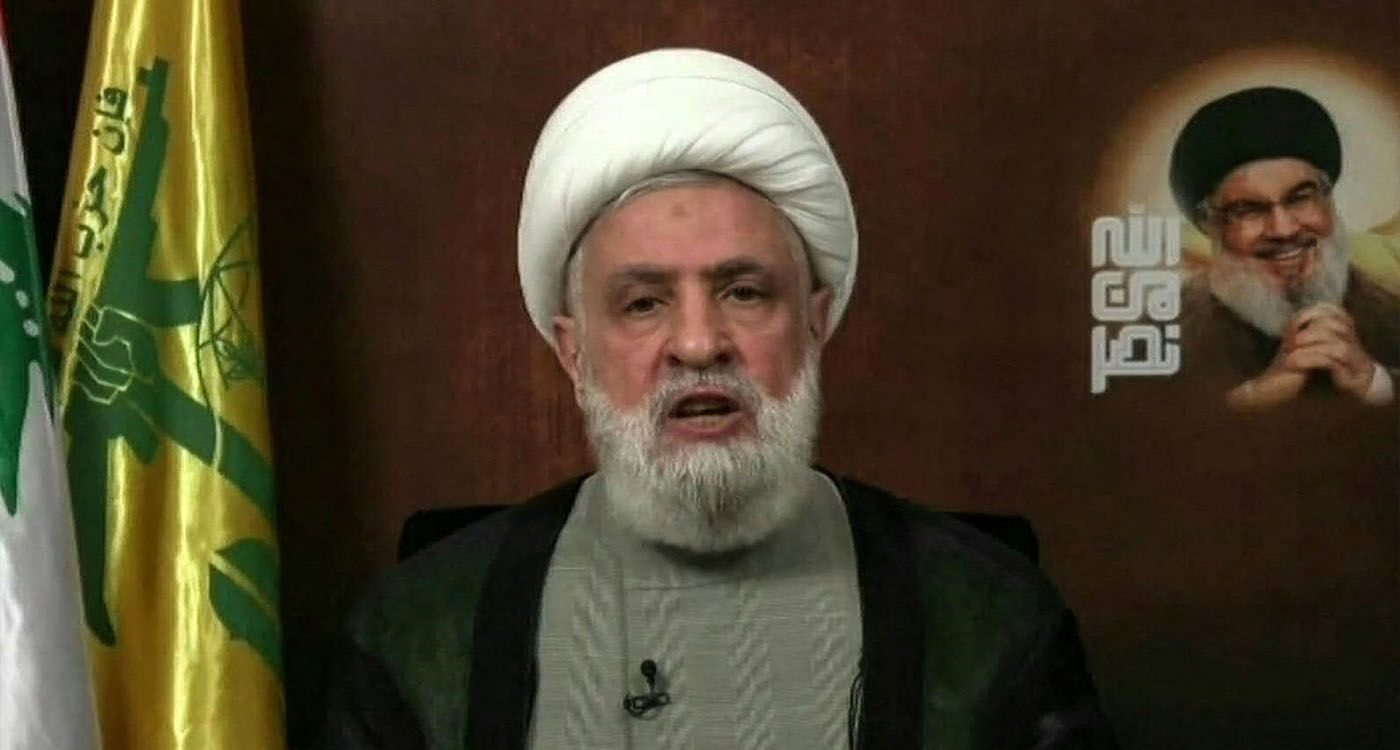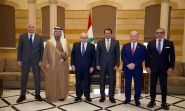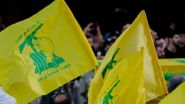
In his first speech following the implementation of the ceasefire with Israel, Hezbollah's Secretary-General, Naïm Qassem, framed his remarks around the theme of a "divine victory, far surpassing that of 2006." However, he defined this "victory" in negative terms, stating: "We are victorious because we have prevented Israel from eliminating the resistance."
With a noticeably firmer tone compared to his previous speeches, Qassem immediately reaffirmed that Hezbollah did not seek war, but when confronted with it—despite suffering severe attacks, including the explosion of pagers, the assassination of its leaders, and more—the group quickly overcame the confusion it initially felt.
In this context, Hezbollah successfully confronted Israel’s threefold objective: "to eliminate Hezbollah, to force the residents of northern Israel back to their homes, and to create a new Middle East." Moreover, according to Qassem, Hezbollah inflicted significant losses on Israel: hundreds of thousands of people were displaced, a large number of soldiers were killed, and "the Israelis have reached a state of obstruction of their future." One might think he was describing the situation in Lebanon!
In the political part of his speech, Qassem offered a personalized interpretation of the ceasefire agreement: "It is neither a treaty nor a new agreement requiring state ratification, but rather a program for the implementation of UN Resolution 1701."
Qassem did not address the following questions: Why, if such a program was so necessary, did it require a destructive war to come to fruition? Why was this not considered earlier, nearly twenty years ago, when Resolution 1701 was adopted? Why did Hezbollah not acknowledge the presence of the Lebanese Army south of the Litani River all these years, when today Qassem assigns to this same army the "responsibility for expelling the Israeli army" from southern Lebanon? He also insisted on positioning the ceasefire agreement "under the umbrella of Lebanese sovereignty," a sovereignty that Hezbollah itself has historically disregarded.
As for "the next steps," Qassem outlined the following Hezbollah priorities:
- Begin reconstruction and provide dignified housing for the displaced;
- Elect a new President of the Republic by January 9;
- Ensure active participation in the economic sector (although no further details were provided on how or what impact this "presence" would have);
- Engage in "national action with political forces that want a united and independent Lebanon within the framework of the Taif Agreement," effectively excluding those who "bet on weakening Hezbollah";
- Work to "preserve national unity, sovereignty, and civil peace, with the resistance ready to prevent the enemy from weakening the country."
In other words, we seem to have returned to square one!
Qassem reiterated Hezbollah’s support for Palestine, stressing that "liberation can be achieved through various means"—implying methods other than war. (But why wasn't this considered earlier, before embarking on this "victorious war"?)
The speech concluded with a lengthy list of acknowledgments, including praise for Lebanese Parliament Speaker Nabih Berri, who was lauded for his skills as a "resistant negotiator," and recognition of all levels of Lebanese society, including religious communities. Special mention was made of Iran, its Supreme Leader, and all the factions under its command (including the Houthis in Yemen, Al-Hashd al-Shaabi in Iraq, etc.).
Qassem claimed that his speech was inspired by "the joy and happiness expressed by the displaced returning to their homes," who spoke only of "the great victory" and praised the achievements of the "resistance." This led him to repeatedly declare, "We are victorious because we have prevented Israel from eliminating the resistance," alongside a hypothesis yet to be proven: "Netanyahu had to convince the Israelis to restore and rearm their army, thus acknowledging that they emerged from this war weakened."



Comments